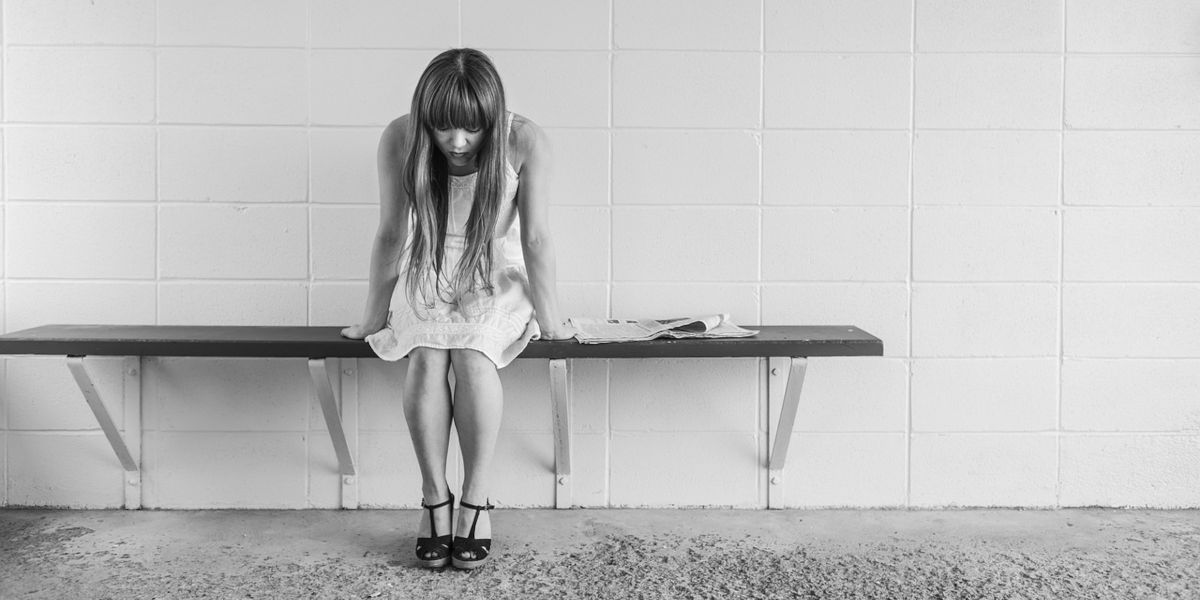Our childhoods play a significant role in shaping our personalities, behaviors, and perspectives of the world. Positive experiences nurture us, helping us grow into happy, successful adults. But when a childhood is marred by trauma, its remnants can ripple into adulthood, manifesting as real, pressing issues that affect our daily lives. Also referred to as the "scars of the past", the symptoms of childhood trauma in adults can be difficult to detect, but once recognized, can become the cornerstone for healing from past trauma. But how can childhood trauma affect you as an adult, and more importantly, how can we heal from it? In this article, we delve deep into the effects of childhood trauma in adulthood.
Symptoms of Childhood Trauma in Adults
Childhood trauma can lurk in the shadows of an adult's mind for years, only to present itself through subtle indications and patterns of behavior. These symptoms are often ambiguous, making it difficult to draw a direct link to past trauma. They may be categorized as emotional, social, cognitive, or physical responses to stress or stimuli which echo past instances of abuse, neglect, or trauma.
Emotional symptoms often include bouts of severe depression, anxiety, or irritability. Many adults may struggle with self-worth, harboring feelings of guilt, shame, and distancing themselves from others as a self-protective measure. Social symptoms may manifest as difficulties in forming trusting relationships, social anxiety, destructive behavior, or avoidant behavior.
From a cognitive perspective, adults exposed to childhood trauma may frequently experience issues such as memory gaps, especially in relation to the traumatic events, difficulty in concentrating, decision-making, and an overall disconnect with reality. Additionally, numerous physical symptoms such as chronic illnesses, unexplained aches and pains, and appetite changes may also come to light.
Can Childhood Trauma Affect You as an Adult?
Yes, childhood trauma can deeply affect adults. Traumatic events during childhood are not merely mental or emotional disruptions - they can actually alter the brain's structure and functionality. Profoundly stressful experiences can cause a child's brain to endlessly remain in survival mode, even long into adulthood. This permanent state of high alert may lead to heightened anxiety levels, persistent fear, and a constant anticipation of danger, exhibiting itself through various psychological and physical symptoms we explored earlier.
This underlines the need for acknowledging, understanding, and most importantly, healing from past trauma. But how can adults heal from childhood trauma? The journey to healing is by no means easy or linear, but with the right support and resources, it is indeed, very achievable.
The scars of the past cast a long shadow that sometimes haunts the present. Scientific studies repeatedly indicate how childhood trauma can have enduring, adverse impacts on adults’ physical and mental health leading to consequences as grave as chronic diseases, substance abuse, and mental disorders. Some individuals harbor these indelible imprints of past traumas with minimal awareness of how this buried pain subtly manipulates their present behavior and choices.
Childhood trauma often constitutes significant events in a child's life, resulting in severe fear, terror, or helplessness. Commonly, these are situations where the child is the object of persistent neglect or abuse, whether physical, emotional, or sexual. Other contributors also include household dysfunctions, such as parental substance abuse, domestic violence, parental separation, or the loss of a loved one.
The traumas experienced during childhood can shape adulthood in many ways, subtly drawing boundaries around what can be considered as normalcy. From frequent feelings of fear and anxiety, unpredictability of mood swings, unhealthy relationships to truncated potentials, the heartache of an unhealed childhood trauma eventually finds its way into every dimension of adult life.
The Unseen Impact of Childhood Trauma
Childhood trauma often leads to 'complex post-traumatic stress disorder' (C-PTSD), a condition marked by emotional flashbacks, heated anger outbursts, feelings of emptiness, and abandonment, trouble with relationships, and somatic symptoms like headaches and digestive issues. Adults grappling with unresolved childhood trauma might also develop a spectrum of mental health issues including mood disorders, anxiety disorders, personality disorders, and suicidal behaviors.
Moreover, the Adverse Childhood Experiences study, one of the significant pieces of research conducted on this subject, found a clear positive relationship between the number of traumatic childhood experiences and physical health issues during adulthood, including heart disease, cancer, chronic lung disease, and liver disease. Such individuals are also likely to engage in health-damaging behaviors like smoking, drug abuse, and high-risk sexual behavior.
Healing from Childhood Trauma
Fortunately, adulthood also represents a phase of incredible resilience and potential healing. Research indicates that strategies such as trauma-focused cognitive behavior therapy, eye movement desensitization, and reprocessing (EMDR), and dialectical behavior therapy can be beneficial for managing the emotional aftermath of early life trauma.
Therapy provides a safe and supportive environment in which one can explore and express feelings related to traumatic experiences, understand the impact of trauma on one's life, and learn coping strategies to deal with negative thoughts and feelings.
In addition to therapy, self-care practices such as regular exercise, good sleep, and healthy eating can foster recovery from trauma. Building strong, positive relationships, seeking social support, learning stress management techniques, and nurturing one's passions and talents can also play a crucial role.
While childhood trauma can cast lengthy shadows on adult life, understanding and addressing its effects can lead to transformation through healing. It's a testimony to our inherent capacity not just to survive but to rebuild after life's harshest experiences.




